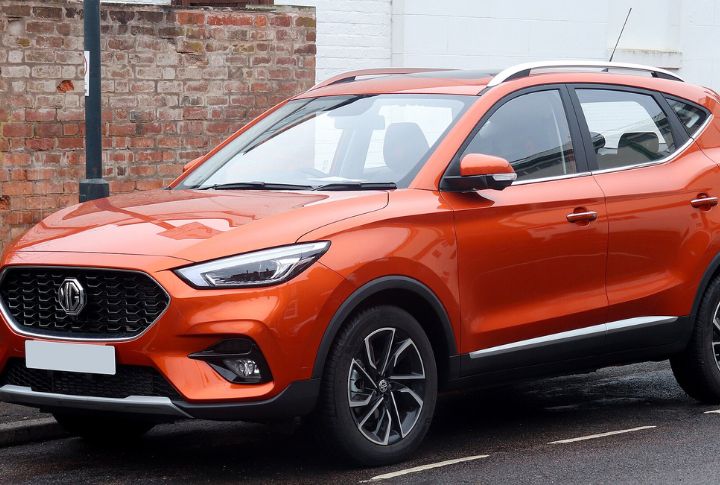
5 Chinese Car Brands to Buy and 5 to Avoid

In recent years, Chinese car brands have significantly impacted the global automotive market, gaining popularity for their affordability, innovative features, and rapid technological advancements. However, some cars face criticism for quality control issues, inconsistent performance, and limited availability of parts and services. Using data from Car News China, Car Expert, and Jalopnik, we’ll help you learn about the best Chinese car brands and the ones you need to stir away from.
Brands to Pick
MG

Originally a British marque now owned by Chinese automaker SAIC, MG combines spacious interiors with various features. These cars are known for their stylish designs, fuel efficiency, and advanced technology and are a popular choice for families and tech-savvy consumers. The brand’s focus on delivering a premium driving experience at an accessible price point sets it apart from the competition.
Dongfeng Motor Corporation

Dongfeng Motor Corporation stands out in the Chinese automotive world as one of the largest and most respected car manufacturers. Its dedication to innovation and collaboration with global automotive giants has solidified its position as a key player in the industry. The impressive growth trajectory and commitment to producing reliable, high-quality vehicles shows it is a brand worth noting.
Chery

Looking for an affordable car with modern features? Chery’s vehicles won’t disappoint you. The emphasis on research and development has led to continuous improvements in performance and safety, allowing Chery to stand out in the competitive market of budget-friendly automobiles. Many people think that the cars look too expensive for their price tag, but they are reliable enough to last for years.
Changan

Among affordable cars, Changan’s commitment to quality has earned it a loyal customer base. The meticulous attention to detail and quality control processes guarantee that Changan vehicles are built to last. This focus on durability and dependability makes Changan a preferred choice for consumers looking for long-term value and peace of mind.
Geely

Geely has made waves globally with its affordable pricing and impressive quality. The brand’s acquisition of Volvo in 2010 and subsequent investments in technology and innovation have significantly boosted its reputation. Its ability to offer competitively high-quality vehicles helped it become a formidable contender in domestic and international markets.
Brands to Avoid
BYD

While not considered the worst car, BYD struggles with persistent quality issues. While it has made headlines with its ambitious foray into the electric vehicle market, customers often complain about subpar interior materials, frequent mechanical problems, and a lack of refinement in the overall driving experience.
Wuling

Who wouldn’t want a budget-friendly car? Wuling’s popularity is based on its affordable and practical vehicles. However, many critics point to the cars’ weak structural integrity. Reports of poor crash test ratings and concerns over passenger safety have tarnished Wuling’s reputation, making it a less desirable option.
Hunkt

Hunkt has made a splash with its flashy models but has also drawn significant criticism for its blatant imitation of established luxury brands. The Hunkt Canticie, for example, has been derided for its striking resemblance to the Range Rover. This reliance on copycat designs undermines Hunkt’s credibility and raises questions about the brand’s originality and commitment to innovation.
GWM

If you’re on a tight budget, GWM offers several good-looking SUVs and pickup trucks that don’t break the bank. Despite their rugged appeal, GWM vehicles often face criticism for high maintenance costs and frequent repairs. Additionally, the resale value of GWM cars tends to plummet rapidly, deterring potential buyers mindful of long-term investment and reliability.
BAIC

Beijing Automotive Industry Holding Co., Ltd, or BAIC, has expanded its reach with various vehicles, from economy cars to electric models. However, the brand is plagued by reports of poor reliability. Frequent breakdowns, inconsistent performance, and a lack of dependable customer service have made BAIC less attractive for consumers seeking a reliable and hassle-free driving experience.


